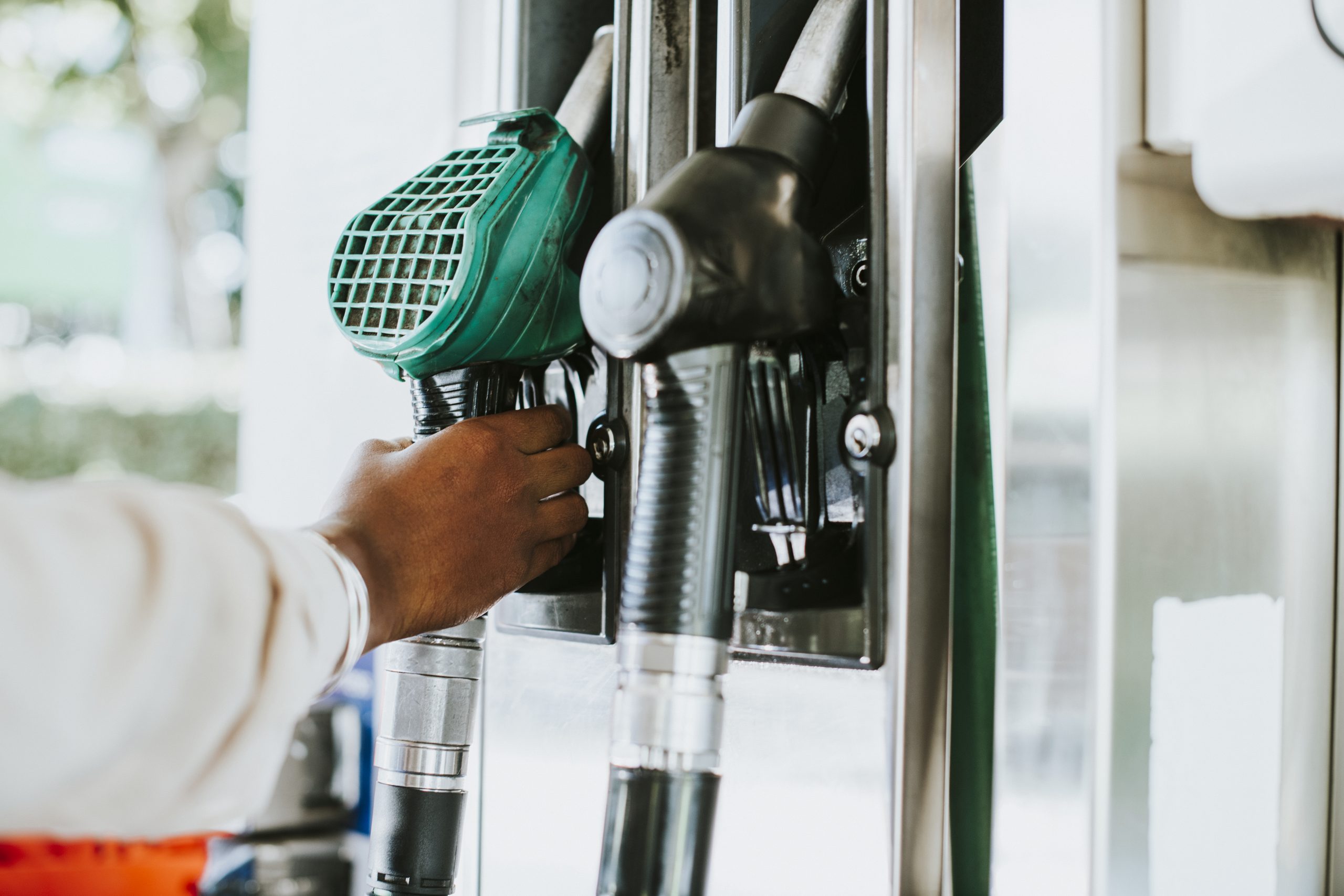Maximising the longevity of engines in trucks and earthmoving machines is a critical concern in heavy-duty industries such as construction and logisti
Maximising the longevity of engines in trucks and earthmoving machines is a critical concern in heavy-duty industries such as construction and logistics. These engines endure intense workloads and extreme operating conditions, making the choice of high-quality diesel and lubricants essential. Clean fuel and advanced lubricants work together to enhance engine performance, reduce wear and ensure operational reliability over extended periods.
In South Africa, diesel is available in several grades, primarily distinguished by sulphur content. Traditional 500 ppm diesel, though still in use for older engines, is being gradually replaced by cleaner options such as 50 ppm and 10 ppm diesel. These low-sulphur and ultra-low-sulphur fuels are designed to meet the demands of modern engines equipped with advanced emissions systems.
Maintaining the purity of diesel is paramount. Contaminants such as water, dirt and microbial growth can wreak havoc on engine components, causing injector clogs, corrosion and degraded performance. Proper storage in sealed containers, coupled with high-efficiency filtration systems and regular tank cleaning, ensures that diesel remains free from impurities and safeguarding engine functionality.
To enhance the eco-friendliness of diesel engines, various strategies are being employed. The use of ultra-low-sulphur diesel significantly reduces sulphur oxide emissions, while biodiesel blends, derived from renewable sources, offer a biodegradable option that lowers greenhouse gas emissions. Optimising engine performance through regular maintenance and the use of cleaner-burning fuels also plays a pivotal role in minimising environmental impact.
Equally important to engine health is the use of high-quality lubricants. These include engine oils, gearbox oils and greases, which reduce friction, dissipate heat and protect against wear. Advances in lubricant technology have introduced synthetic oils that outperform traditional mineral-based oils in several key areas. Synthetic oils, engineered from chemically modified compounds offer superior thermal stability, lower volatility and enhanced performance under extreme conditions. Additive packages and emerging technologies like nano-lubricants further enhance friction reduction, wear protection and overall efficiency.
The choice between mineral and synthetic oils often depends on the specific needs of the machinery. While mineral oils derived from crude oil are more cost-effective upfront, synthetic oils provide long-term benefits such as extended service intervals and better performance in high-temperature and high-load environments. These advantages make synthetic oils particularly well-suited for the demands of heavy-duty machines.
Mineral vs. Synthetic Oils
| Feature | Mineral Oils | Synthetic Oils |
| Base Composition | Derived from crude oil | Engineered from chemically modified compounds |
| Performance at Extremes | Limited | Excellent |
| Viscosity Stability | Susceptible to breakdown | Superior stability |
| Cost | Lower initial cost | Higher upfront cost, long-term savings |
Grease plays a vital role in the maintenance of moving parts, particularly where components connect to the chassis or drivetrain. By forming a protective barrier against dirt, water and corrosion, grease ensures smooth operation and reduces wear on critical parts such as pins, bushings, universal joints and wheel bearings. Choosing the right type of grease, whether for high-temperature, water-resistant or general-purpose applications, further enhances its effectiveness.
On construction sites, maintaining cleanliness in fuel and lubricant handling is challenging but essential. Dedicated decanting equipment, clean storage practices and regular filtering of fluids help prevent contamination. Greasing points must be wiped clean before application to avoid introducing dirt into moving parts, ensuring optimal lubrication and protection.
The use of clean, high-quality diesel and advanced lubricants is not merely a maintenance strategy but a means of reaching more sustainability in heavy-duty industries. This means operators can extend engine life, reduce maintenance costs and contribute to more environmentally friendly operations. These measures ensure the reliability of trucks and earthmoving machines and support broader industry goals of efficiency and sustainability.


COMMENTS